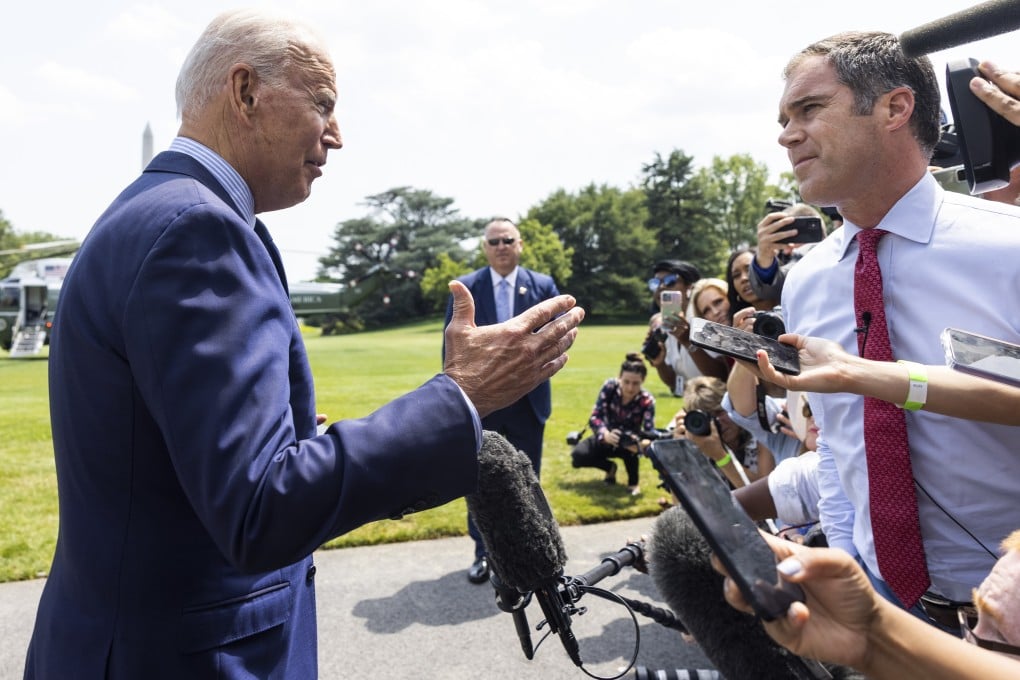Latest US sanctions on Hong Kong draw a collective shrug from analysts
- ‘They’re running out of things to do,’ former US consul general in Hong Kong says after seven deputy directors in the Hong Kong Liaison Office are sanctioned
- Moves are seen as symbolic, with White House caught between pressure to respond to Beijing’s clampdown and a business community still seeking market access

Friday’s announced sanctions and an advisory to US companies operating in Hong Kong underscore the limited leverage Washington has over Beijing’s “behaviour” and conflicting pressures it faces from its domestic constituencies, former US officials and analysts said.
The Biden administration warned US companies operating in Hong Kong that their data is increasingly subject to mainland monitoring, their executives to detention and their operations to the vagaries of Chinese justice. It also sanctioned seven deputy directors in the Hong Kong Liaison Office – a year after sanctioning the director.
“Every time there’s some news of China putting more pressure on Hong Kong, there’s commensurate pressure on the US side to do something. But they’re running out of things to do,” said Richard Boucher, a fellow at Brown University’s Watson Institute and former US consul general in Hong Kong.
Sanctioning a few middle-level Chinese functionaries is not likely to have much impact, analysts noted. And foreign companies operating in Hong Kong that have not noticed Beijing’s growing influence are asleep at the wheel, they said.
Friday’s largely symbolic moves highlight the uneasy balancing act the Biden administration is trying to navigate.

00:40
Joe Biden confirms warning to US businesses in Hong Kong will come on Friday